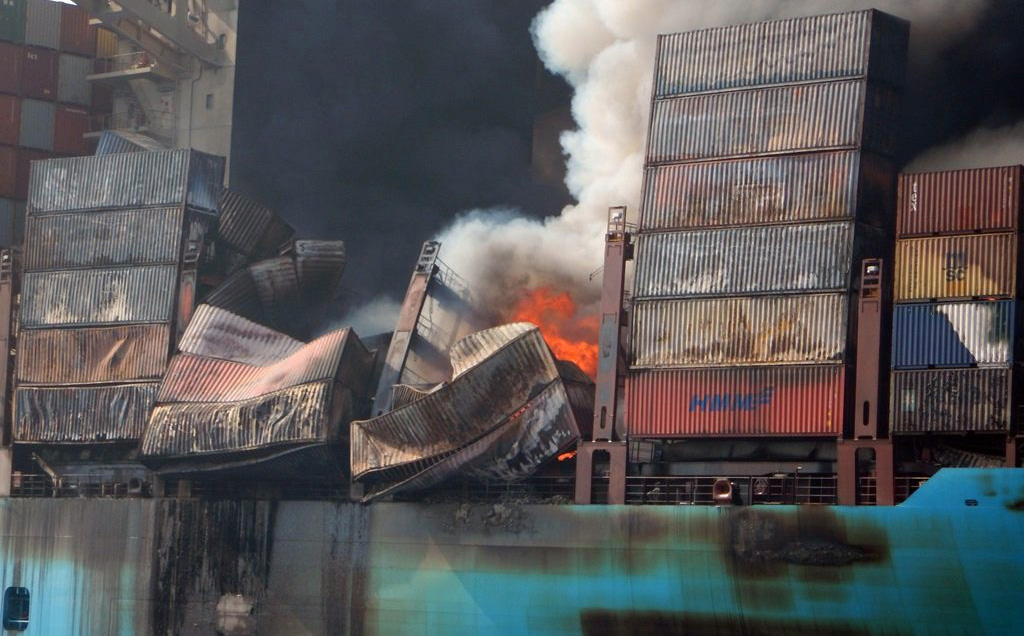01
May
By Marilyn Raia Life at sea away from family and friends is not always easy for seamen. For their hard work and sacrifices, seamen are entitled to be paid what is due in full in a timely manner. Federal law so provides. Historically, seamen have been considered in need of special protection by Congress and the courts because of the nature of their employment. Various statutes and regulations have been enacted over the years to provide that protection including laws pertaining to compensation. Indeed, the first statute to give seamen a right to collect their wages was enacted in 1790.…



